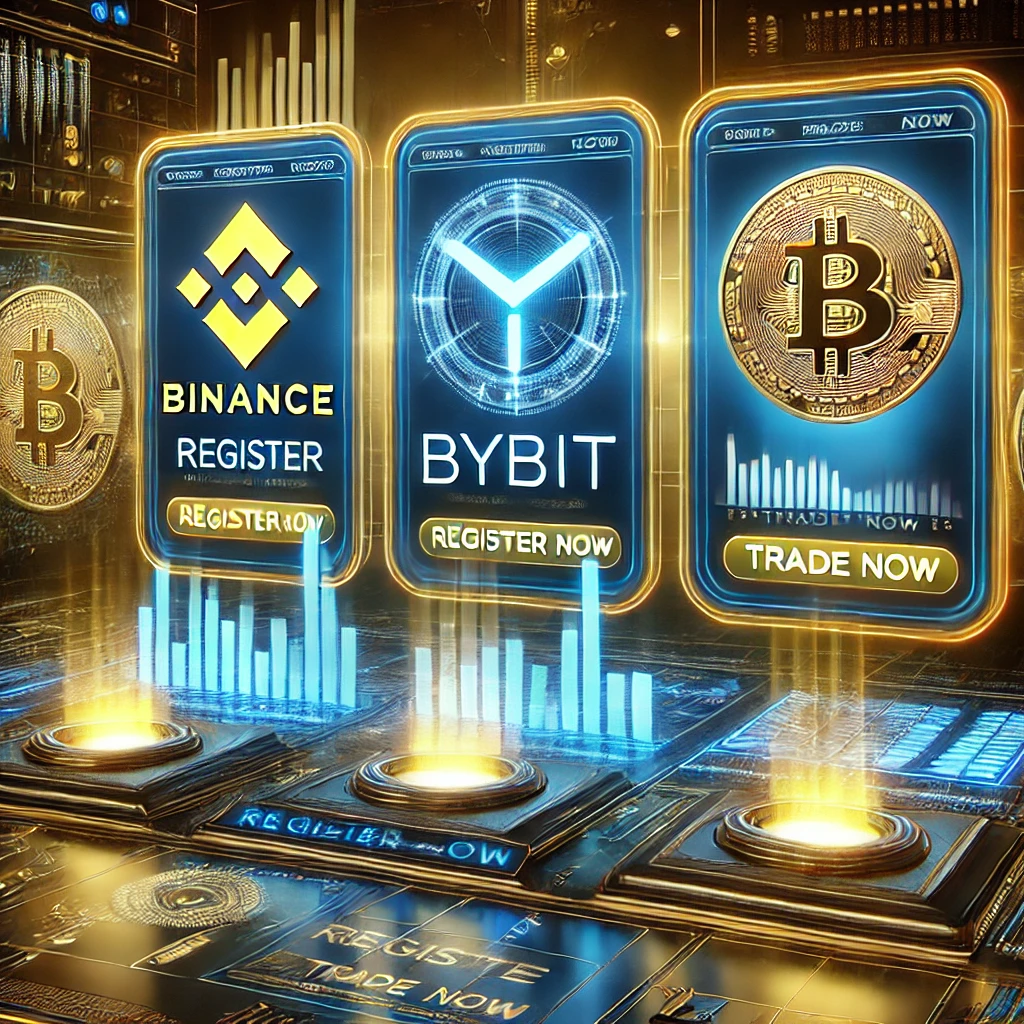Ethereum has revolutionized the way organizations operate through Decentralized Autonomous Organizations (DAOs). These blockchain-based entities allow people to collaborate, vote, and make decisions without traditional hierarchies.
In this article, we’ll explore:
✅ What are DAOs and how they work?
✅ Major use cases of DAOs on Ethereum
✅ Advantages and challenges of DAOs
✅ How to participate in a DAO today
1. What Is a DAO?
A Decentralized Autonomous Organization (DAO) is a community-led organization that runs on smart contracts. Unlike traditional companies, DAOs:
✅ Operate without central control – decisions are made by members.
✅ Use blockchain governance – members vote using tokens.
✅ Are transparent – rules and transactions are recorded on Ethereum.
📌 Example: Instead of a CEO making decisions, DAO members propose and vote on changes using smart contracts.
2. How DAOs Work on Ethereum
DAOs use Ethereum’s smart contracts to automate governance. The key components include:
🔹 Governance Tokens – Members hold tokens to vote on proposals.
🔹 Smart Contracts – Code that enforces rules without manual intervention.
🔹 Voting Mechanisms – Decisions are made through on-chain or off-chain voting.
🔹 Treasury Management – Funds are stored and distributed transparently.
🔹 Example Workflow:
1️⃣ A member proposes a new project or rule.
2️⃣ Other members vote using governance tokens.
3️⃣ If approved, the smart contract executes the decision automatically.
3. Key Use Cases of DAOs on Ethereum
🔹 1. Investment & Venture Capital DAOs
DAOs allow communities to pool funds and invest in startups, DeFi projects, and NFTs.
📌 Examples:
- The LAO – A DAO investing in blockchain startups.
- MetaCartel Ventures – A community-driven investment group.
✅ Why It’s Useful?
🚀 Democratized investing – Anyone can participate.
💡 No need for intermediaries – Smart contracts handle fund allocation.
🔹 2. DeFi Governance DAOs
DeFi protocols use DAOs to govern lending, borrowing, and liquidity.
📌 Examples:
- MakerDAO – Manages the DAI stablecoin.
- Uniswap DAO – Controls Uniswap’s fee structures and upgrades.
- Compound DAO – Governs lending protocol decisions.
✅ Why It’s Useful?
⚖️ Users control financial platforms, instead of centralized companies.
🔐 Decentralized decision-making prevents corruption.
🔹 3. NFT & Creator DAOs
Artists and creators use DAOs to fund projects, share profits, and manage digital assets.
📌 Examples:
- FlamingoDAO – Invests in NFTs as a collective.
- Friends With Benefits (FWB) – A social DAO for artists and Web3 builders.
- PleasrDAO – Collects high-value NFTs and digital art.
✅ Why It’s Useful?
🎨 Empowers creators – Fans and investors directly fund projects.
💰 Profits are shared among DAO members instead of corporations.
🔹 4. Social & Community DAOs
DAOs help online communities govern themselves and manage shared resources.
📌 Examples:
- CityDAO – Buying real-world land and managing it as a DAO.
- Bankless DAO – Educating people about crypto and financial freedom.
- Gitcoin DAO – Funding open-source blockchain projects.
✅ Why It’s Useful?
🌍 Enables collective ownership of digital or real-world assets.
💡 Empowers communities to make collective decisions.
🔹 5. Charity & Public Goods DAOs
DAOs are transforming philanthropy by making donations transparent and efficient.
📌 Examples:
- Giveth – A donation-based DAO supporting social causes.
- BitDAO – Funds blockchain research and development.
✅ Why It’s Useful?
📜 Full transparency – Every donation is recorded on Ethereum.
🤝 Community-driven giving – Funds are distributed fairly.
4. Advantages & Challenges of DAOs
✅ Advantages of DAOs
✔ Decentralization – No single entity controls the organization.
✔ Transparency – All decisions and funds are visible on Ethereum.
✔ Global Participation – Anyone can join from anywhere.
✔ Automation – Smart contracts execute decisions without intermediaries.
❌ Challenges of DAOs
⚠ Governance Issues – Low voter participation can slow decision-making.
⚠ Smart Contract Risks – Bugs in code can lead to fund losses.
⚠ Legal Uncertainty – DAOs lack clear regulation in many countries.
5. How to Join a DAO on Ethereum
Step 1: Get ETH on Binance or Exness
📌 Buy ETH on Binance:
👉 Sign up on Binance Now
📌 Trade ETH with low fees on Exness:
👉 Join Exness Here
Step 2: Choose a DAO and Get Governance Tokens
🔹 Visit platforms like DAOhaus or DeepDAO to explore DAOs.
🔹 Purchase governance tokens on Uniswap or SushiSwap.
Step 3: Participate in Voting and Proposals
🔹 Join DAO Discord groups and Telegram communities.
🔹 Use Snapshot.org to vote on proposals.
🔹 Suggest and fund projects through DAO governance.
6. The Future of DAOs on Ethereum
🚀 DAOs are reshaping businesses, investments, and social structures.
📈 As Ethereum scales with Layer 2 solutions, DAOs will become even more efficient.
💡 More real-world adoption is expected in finance, governance, and non-profit sectors.
Ready to join the decentralized revolution?
👉 Start by getting ETH on Binance & Exness today! 🚀

